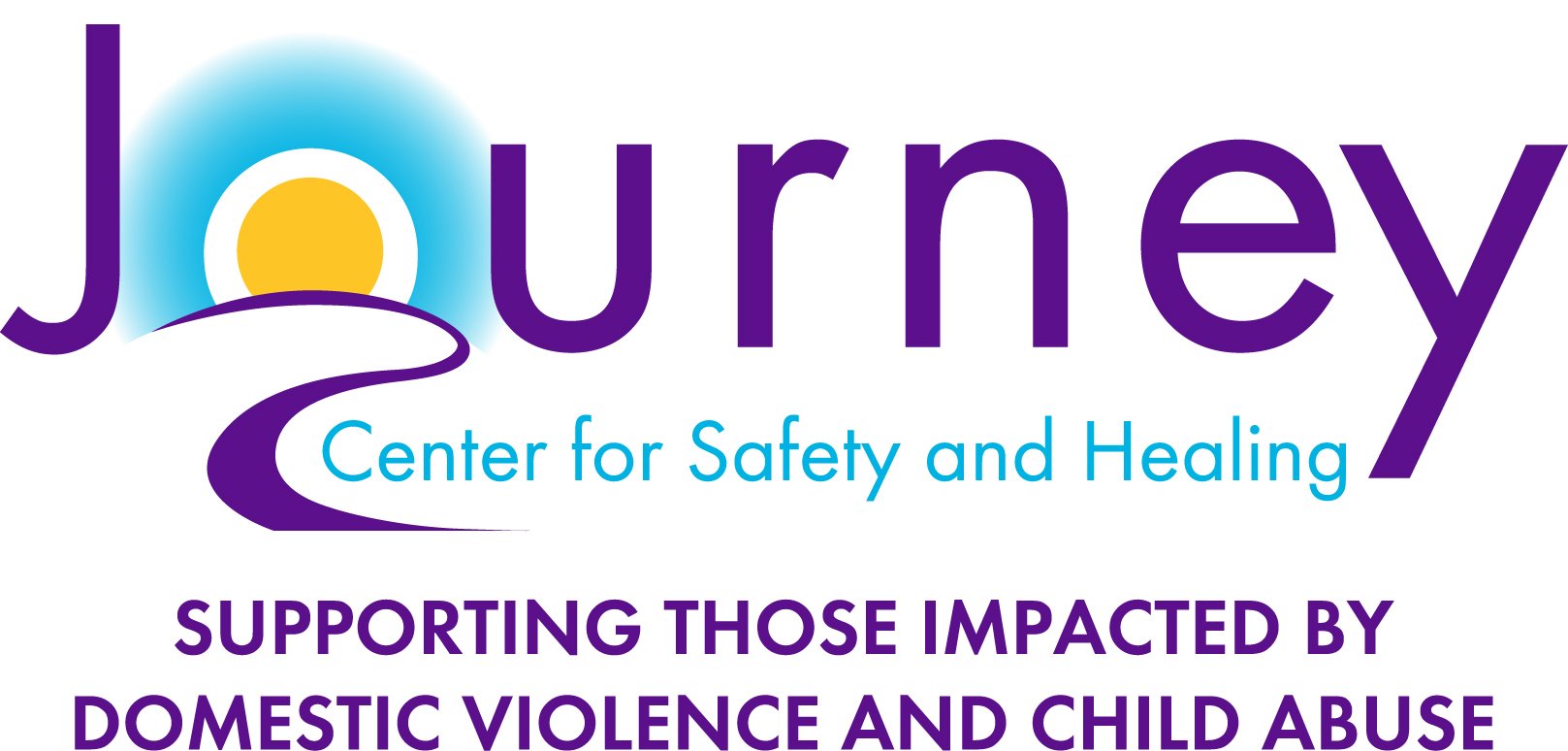Ohio joins the rest of the country with 'strangulation law'
OHIO — Ohio was the only state that didn't have what’s called a “strangulation law,” according to State Senator Nickie Antonio (D-Lakewood).
But Gov. Mike DeWine's signature on Senate Bill 288 changed that.
“I really believe once this legislation goes into law, we’re going to save lives," Antonio said.
Alongside State Senator Stephanie Kunze (R-Hilliard), Antonio worked to pass a bill that would make strangulation a felony in domestic violence situations.
Until now, it's been a misdemeanor.
A version of the bill has failed to pass for years, but this time they got it through as an amendment to another bill focused on criminal justice reform.
“The pushback we always would get is what about, you know, guys just horsing around and, you know, putting their hands on each other and then all of a sudden they’re going to have a felony on the record if they strangle somebody," Antonio said.
She said narrowing the definition of strangulation and specifying the felony charge will only be applied to incidents involving a family member or significant other helped pass the bill.
Antonio calls attention to a statistic from the Strangulation Training Institute that shows women who have been strangled by their partners are 750% more likely to be murdered when compared to other domestic violence survivors who have not experienced strangulation.
“That drove me to really work with Senator Kunze to get this over the finish line," she said.
Domestic violence organizations such as the Journey Center for Safety and Healing in Cleveland see this as a win for survivors.
Victoria Grant is the Justice System Racial Equity and Inclusion Manager at the center. She pointed out one in four women will experience intimate partner violence in their lifetime, but the crime often goes unreported.
“Intimate partner violence is not about anger management," Grant said. "It is not about alcohol and drugs. It’s about power and control."
The Journey Center for Safety and Healing is a Cuyahoga County Domestic Violence agency that has been around for more than four decades. It offers a 24-hour helpline, domestic violence shelter, therapy, assistance in court and other services.
In her 22 years at the center, Grant has helped many women who have been strangled
“Having working with survivors and having them tell me, 'I was strangled, and I lost consciousness and I lost my body fluids,' and something that dangerous could only be charged at that time as a misdemeanor," Grant said. "Now we’re looking at charging this as a felony."
Grant said classifying strangulation as a felony is a massive sign of support for survivors, law enforcement and prosecutors.
"Felony implies this is really, really serious and so because it implies it is really, really serious what will happen is that the survivor will get that sense of empowerment thinking 'OK, so I am going to get the justice that I'm looking for,'" Grant said.
